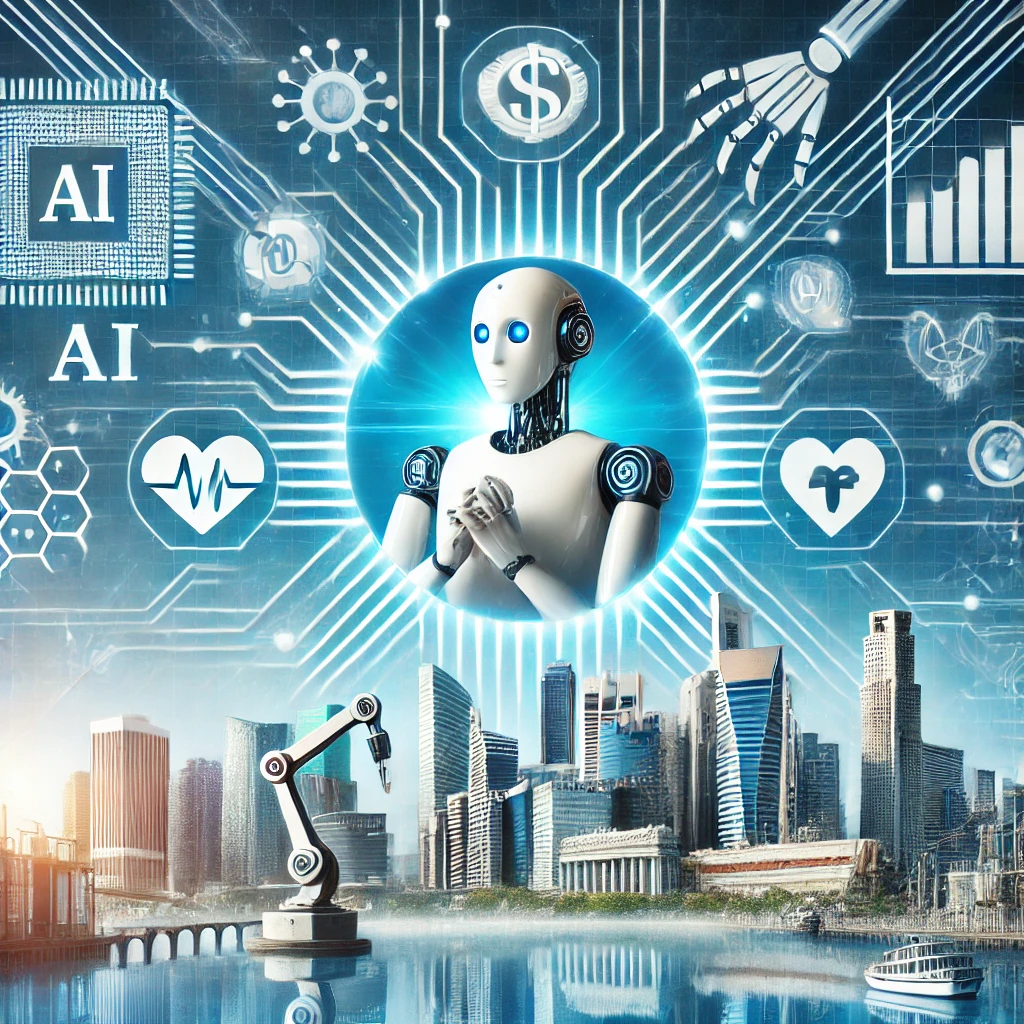Technology has revolutionized every aspect of our lives, from communication and healthcare to business and entertainment. However, with rapid advancements come significant ethical dilemmas that challenge the way we innovate responsibly. As artificial intelligence (AI), big data, automation, and biotechnology continue to evolve, tech companies and policymakers must navigate the fine line between pushing the boundaries of innovation and ensuring ethical responsibility.
This article explores key ethical dilemmas in technology and discusses how businesses and societies can find a balance between progress and responsibility.
1. Data Privacy and Security
The digital age has ushered in an era where personal data is more valuable than ever. Companies collect vast amounts of user data to improve services, enhance user experience, and drive business decisions. However, concerns arise when this data is mishandled, misused, or exploited without user consent.
Key Ethical Issues:
- Surveillance and Data Collection: Governments and corporations track online activities, sometimes without explicit user permission.
- Unauthorized Data Sharing: Personal data is often sold to third parties, leading to privacy violations.
- Data Breaches: Cyberattacks and hacking incidents expose sensitive user information, affecting millions.
Balancing Innovation and Responsibility:
- Implement strict data protection laws like GDPR and CCPA.
- Develop transparent data policies and allow users to control their information.
- Invest in cybersecurity advancements to protect sensitive information.
2. Artificial Intelligence and Bias
AI-powered systems influence hiring processes, law enforcement, financial services, and medical diagnoses. However, these systems can inadvertently reinforce biases present in training data, leading to unfair outcomes.
Key Ethical Issues:
- Bias in AI Algorithms: AI models trained on biased datasets can lead to discrimination against certain demographics.
- Lack of Accountability: AI decisions are often opaque, making it difficult to understand how outcomes are determined.
- Job Displacement: Automation and AI-driven processes threaten traditional job markets.
Balancing Innovation and Responsibility:
- Develop fair and unbiased AI models by ensuring diverse datasets and ethical AI guidelines.
- Establish AI accountability frameworks that mandate transparency.
- Invest in reskilling programs to prepare the workforce for AI-driven changes.
3. Automation and Job Displacement
While automation increases efficiency and reduces costs, it also replaces human jobs, leading to concerns about unemployment and economic disparity.
Key Ethical Issues:
- Widening Economic Gaps: Highly skilled workers benefit, while lower-skilled workers face job losses.
- Lack of Social Safety Nets: Many industries are unprepared for mass automation-driven layoffs.
Balancing Innovation and Responsibility:
- Encourage corporate responsibility in automation strategies.
- Support universal basic income (UBI) and reskilling programs.
- Promote human-AI collaboration rather than full replacement.
4. Deepfakes and Misinformation
The rise of deepfake technology and AI-generated content has created new challenges in distinguishing between reality and fiction. These technologies can be used for both entertainment and malicious purposes, such as spreading misinformation or manipulating public opinion.
Key Ethical Issues:
- Political and Social Manipulation: Deepfakes can be weaponized to spread false information.
- Erosion of Trust: Fake news undermines credibility in media and institutions.
- Identity Theft and Defamation: Individuals’ images and voices can be misused.
Balancing Innovation and Responsibility:
- Implement regulations against malicious use of deepfakes.
- Develop AI tools to detect and flag fake content.
- Educate the public on digital literacy and critical thinking.
5. Biotechnology and Genetic Engineering
Advances in biotechnology, including CRISPR gene editing, open doors for groundbreaking medical treatments but also raise ethical concerns.
Key Ethical Issues:
- Designer Babies and Genetic Manipulation: Ethical concerns about editing human genes for non-medical purposes.
- Ownership of Genetic Data: Who owns and controls genetic information?
- Bioweapon Potential: Genetic engineering could be exploited for harmful purposes.
Balancing Innovation and Responsibility:
- Establish global bioethics standards for genetic research.
- Implement strict regulatory frameworks for genetic modification.
- Promote transparent public discussions on genetic ethics.
6. Big Tech Monopoly and Ethical Business Practices
Tech giants such as Google, Facebook, and Amazon dominate industries, raising concerns about fair competition, monopolistic practices, and ethical business operations.
Key Ethical Issues:
- Monopolization and Lack of Competition: Small businesses struggle to compete.
- Manipulation of Market and Users: Algorithms control information flow and consumer behavior.
- Unfair Labor Practices: Exploitative working conditions in tech manufacturing and gig economy sectors.
Balancing Innovation and Responsibility:
- Enforce antitrust regulations to ensure fair market competition.
- Demand corporate transparency in algorithmic decision-making.
- Improve working conditions in the tech sector.
7. Ethical Development of Emerging Technologies
New technologies such as quantum computing, blockchain, and space exploration introduce unknown ethical challenges.
Key Ethical Issues:
- Privacy in Blockchain Transactions: While decentralized, blockchain raises concerns about untraceable illicit activities.
- Weaponization of Space Technology: Ethical concerns in space militarization.
- Impact of Quantum Computing on Cybersecurity: Potential to break current encryption methods.
Balancing Innovation and Responsibility:
- Develop international regulatory bodies for emerging tech ethics.
- Establish ethical AI and tech guidelines.
- Promote open discussions on the societal impact of new innovations.
While technology offers immense benefits, its rapid advancement also presents complex ethical challenges. Achieving a balance between innovation and responsibility requires collective efforts from governments, businesses, researchers, and the public. By enforcing ethical guidelines, promoting responsible AI, ensuring data privacy, and addressing job displacement, society can harness technology’s potential while mitigating its risks.
Only through ethical foresight and accountability can we build a future where technology serves humanity without compromising moral values.



